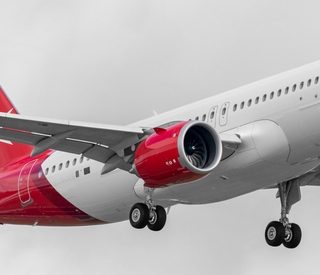The world has spent most of 2020 adapting to ever-changing guidelines and restrictions (with no end in sight, even as the vaccines start to roll out). Board meetings are quickly increasing in their significance to foster consistent and vital interactions as an organization. It’s essential for companies to capitalize on the essential time together during these uncertain times.
While we might look like the Brady Bunch while sharing a Zoom window, are you actually communicating more like the family from “Succession?”
Are your meetings organized? Do people talk over one another? Do you usually run over time? Are you giving people time to digest information?
As we move into 2021 and Q1 meetings are being put onto calendars, take some time to modernize how you conduct your board meetings.
Board meetings are quickly increasing in their significance to foster consistent and vital interactions as an organization.
Having served on public company boards, growth-stage businesses and Series A startups, an observation I have made in boards that are later stage are more about financial analysis and governance. Whereas earlier-stage board discussions hinge more on product strategy, key partnerships, sharing best practices to help develop founders as executives and important hiring decisions.
Since the nature of the discussions is more, let’s call it … creative in earlier-stage businesses, where the focus is on where they’ve been particularly impacted by reduced bandwidth for collaboration while meeting remotely.
As said best by Mike Maples and paraphrased by Jeff Bonforte — there are only four things a board really needs to consider:
- Has the market changed since we last met? If so, did it affect us negatively or positively?
- Has the team changed? For better or worse?
- Has our position in the market changed?
- Can we do what we said we would?
Collecting data around those points is the job. In the meeting, the team can add color.
Remember the board works for you, so be sure to put them to work. Sharing materials with participants about three days ahead of time tends to be the best. Any later and they may not get enough time to digest, send earlier and the information might be out of date by the time you meet. It’s most common to format as a deck, but lately I’m seeing more written format and even magazine-style.
The number one request I get from early-stage companies is “help find me more customers.”
Other common requests are “help me find or land this type of talent, help me with industry benchmarks for this type of business deal or compensation structure, connect me to people that have experience with X so I can learn ways we could structure our process.” It’s helpful to put these asks in the materials you send ahead because sometimes board members might not be able to react quickly and now “homework” comes up spontaneously in the discussions.
Another purpose of these meetings is to build working relationships so when strategic decisions need to be made, board members are used to working together. Sometimes it is a forum for executives to gain exposure to board members and for board members to have the opportunity to evaluate and provide input on executives. For that reason execs are often invited to participate in certain discussions.
Like the product person who presents a roadmap or a market analysis, the head of sales should give color on pipeline and competitive deals, the marketing person may lead a discussion on ABM or channel marketing tactics, the engineering lead might ask for feedback on their metrics versus other companies, etc. Generally, CEOs also bring forth an interesting topic to have a discussion, such as channel strategy, market mapping/sizing, hiring plan and related issues.
Logistics
As far as logistics, we reserve two hours in calendars but we try to hit 90 minutes. I suggest something like this for a 90-minute session:






